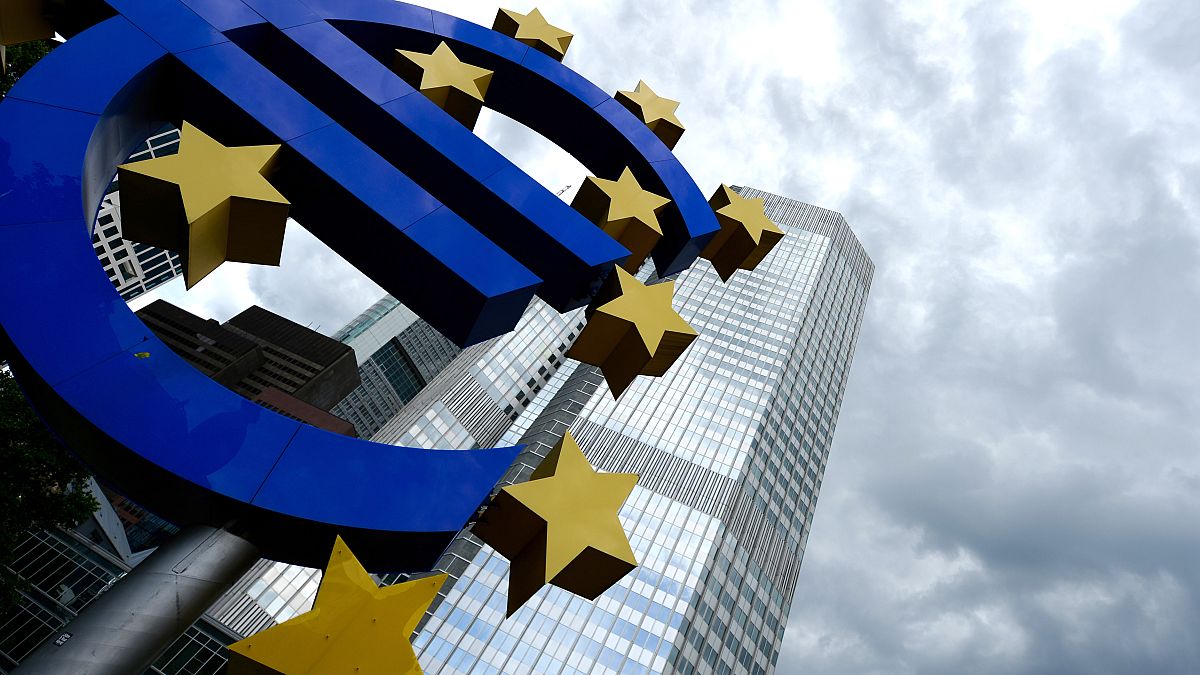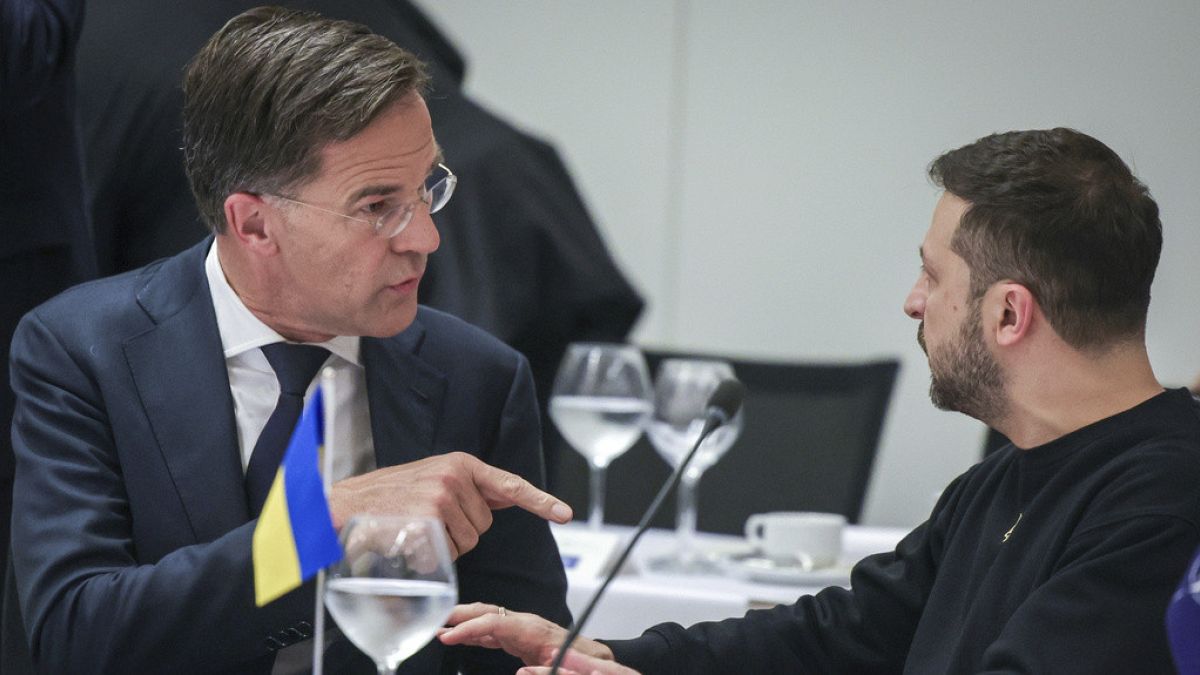Will the European Central Bank opt for a large rate cut in December?

Money markets see an increased likelihood of the European Central Bank (ECB) deepening its rate cuts in December following weak economic data. However, analysts expect the bank to maintain a gradual approach to rate reductions due to the persistent upside risks in inflation.
Market participants have raised their expectations for the European Central Bank (ECB) to take a significant step with its next interest rate move, following poor business activity indicators on Thursday. Money markets are now pricing in a 50% chance of the bank cutting the interest rate by half a percentage point in December. Meanwhile, ECB officials are divided on the necessity of such a large reduction.
Government bond yields fall to yearly lows
Major European government bond yields fell significantly after the weak October business activity readings in the manufacturing and services sectors on Thursday. Movements in bond yields typically reflect expectations of the ECB’s interest rate trajectory, particularly for short-term instruments. The yield on the 2-year German and French government bond, which is highly sensitive to interest rate changes, fell to yearly lows before rebounding, indicating that traders have increased their bets on a larger rate cut from the central bank.
According to S&P Global’s flash estimates, the manufacturing Purchasing Manager Index (PMI) for both France and Germany has been contracting for more than two years in October, though Germany’s reading has improved. France’s services PMI is expected to slip back into contraction after two months of growth, suggesting that the boost from the Paris Olympics was temporary. This data, along with a sharp decline in headline inflation in September, has significantly raised the chances of the ECB delivering a steeper rate cut in December, following consecutive cuts in September and October—the first such moves in 13 years.
The eurozone’s annual inflation fell to 1.8% in September, its lowest level in three years and below the ECB’s 2% target. However, core CPI, which excludes volatile items like food, energy, alcohol, and tobacco, remained relatively high at 2.7%. As such, the upcoming consumer price index for October, due next week, will be crucial for market sentiment.
Michael McCarthy, market strategist and chief commercial officer at Moomoo Australia, said that eurozone inflation still presents “substantial upside risk.” He added: “Despite expectations, next week’s core inflation reading for October is likely to show an increase in the year-on-year rate to 2.8% (from 2.7% previously),” and “If the increase exceeds consensus, there could be a sharp adjustment in interest rate markets.”
ECB members debate the need for a large cut
ECB officials are divided over whether to implement a quarter-percentage-point or half-percentage-point cut, but all have expressed confidence that inflation will return to target. ECB President Christine Lagarde said in an interview with Bloomberg TV: “The pace will be determined based on backward- and forward-looking elements, using our three criteria and applying judgment.”
Some Governing Council members, such as Mario Centeno from Portugal and François Villeroy de Galhau from France, argue that economic risks outweigh inflation risks. Meanwhile, others, including Klaas Knot from the Netherlands and Pierre Wunsch from Belgium, hold a more hawkish view, arguing that a 50 basis point cut is premature unless there is a further deterioration in the economic outlook. Slightly more officials favour a gradual approach rather than an accelerated step.
In addition to inflation data, key eurozone economies will release their third-quarter Gross Domestic Product (GDP) figures next week, which will provide further insight into the region’s economic trajectory. The IMF has downgraded the euro area’s economic outlook to just 0.8% in 2024 and 1.2% in 2025, a 0.1% and 0.3% reduction from its July forecast.
Dilin Wu, a research strategist at Pepperstone, wrote in an email to Euronews: “I believe the chances of the ECB cutting rates by 50 basis points in December are quite slim, especially after the back-to-back rate cuts.” However, she acknowledged the challenging economic conditions in the region: “A 50 basis point cut would represent a significant shift and could potentially trigger greater market turmoil.”
World News || Latest News || U.S. News
Source link



